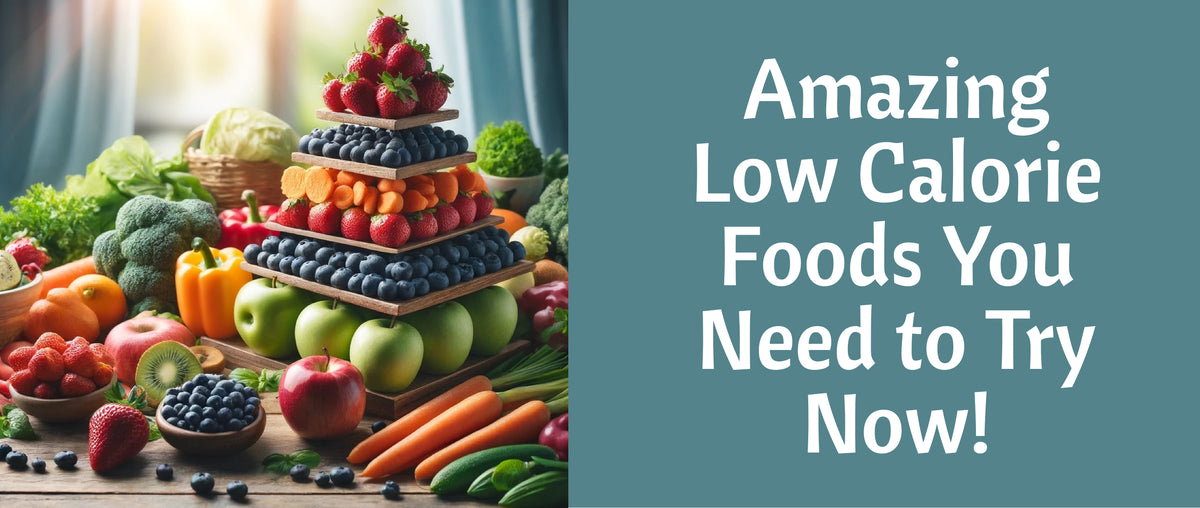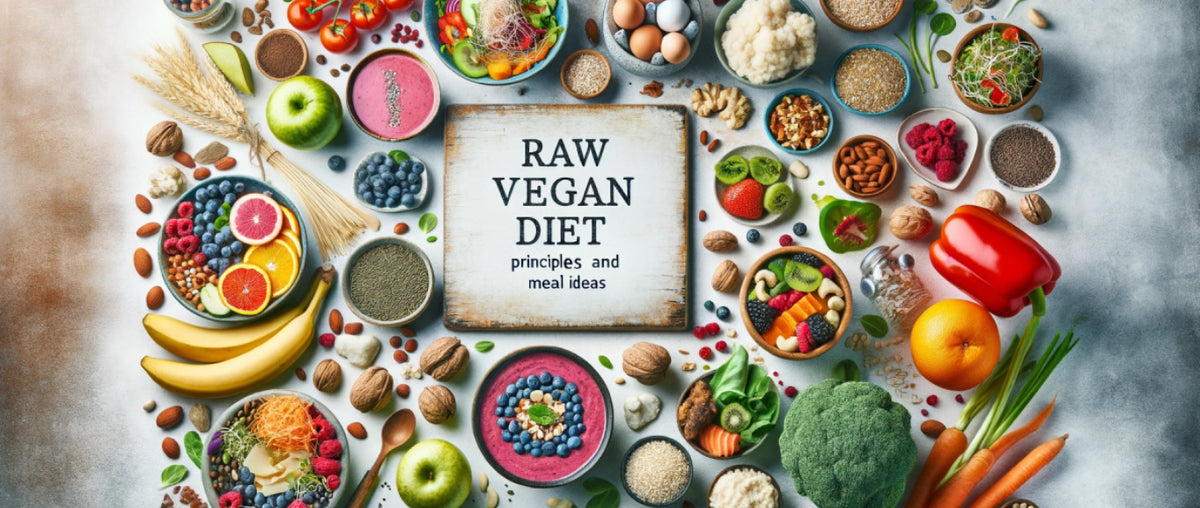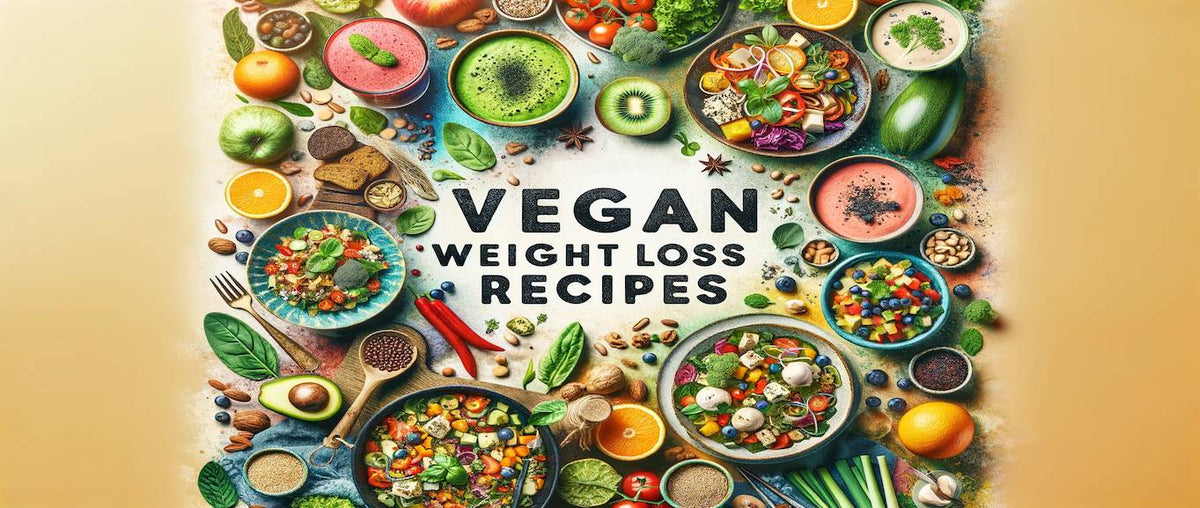Low Calorie Food
Low calorie foods are essential for anyone looking to maintain or lose weight in a healthy way. By focusing on foods that provide essential nutrients without excess calories, individuals can enjoy a healthy diet that supports overall health and wellness. Including best foods for weight loss in your diet can make a significant difference in daily calorie intake.
Key Takeaways
- Low calorie foods help manage weight effectively.
- These foods can also contribute to muscle recovery and overall health.
- Incorporating a variety of fruits, vegetables, and proteins is key to a balanced diet.
Understanding Calories and Nutrition
Understanding the balance between caloric intake and nutritional value is fundamental in maintaining a heart healthy diet. Calories are a measure of the energy food provides, and the nutritional content determines how these foods contribute to your health.
What are Calories?
Calories are the energy that fuels our bodies, extracted from the food we eat. They are essential for maintaining bodily functions, but excess caloric intake can lead to weight gain.
Nutritional Value vs. Caloric Content
- Healthy Drinks: Options like Kombucha provide probiotics which are great for gut health, but it's important to check for added sugars.
- Vegan Options: Foods like Vegan Cheese and vegan butter offer great alternatives with potentially lower calories and have high nutritional value.
Top Low Calorie Foods to Include in Your Diet
Integrating a variety of low calorie foods into your diet is not only beneficial for weight management but also crucial for overall health. Here we'll explore some top choices that can help you stay on track.
Fruits and Berries
Fruits and berries are some of the best options for low-calorie snacking. They are rich in vitamins, minerals, and antioxidants, making them an ideal choice for a healthy snack.
Calories and Nutritional Facts of Popular Fruits and Berries
| Food | Calories per 100g | Key Nutrients |
|---|---|---|
| Watermelon | 30 | Vitamin C, Vitamin A, Minerals, Hydration |
| Apples | 52 | Fiber, Vitamin C, Potassium |
| Berries | 57 (average) | Antioxidants, Fiber, Vitamin C |
Vegetables
Low in calories and high in fiber, vegetables are cornerstone to a low-calorie diet. They provide essential nutrients while filling you up with fewer calories.
Calories and Nutritional Benefits of Popular Vegetables
| Food | Calories per 100g | Key Benefits |
|---|---|---|
| Cucumber | 16 | Hydration, Vitamin K |
| Carrots | 41 | Beta Carotene, Fiber, Vitamin K |
Top Low Calorie Foods to Include in Your Diet
Proteins and Dairy
Protein is crucial for muscle repair, growth, and overall health, while dairy can provide essential nutrients like calcium and vitamin D. Choosing low-calorie options in these categories is vital for maintaining a balanced diet.
Calories and Nutritional Benefits of Low-Calorie Proteins and Dairy
| Food | Calories per 100g | Key Nutrients |
|---|---|---|
| Greek yogurt | 59 | Protein, Calcium, Probiotics |
| Cottage cheese | 98 | Protein, Vitamin B12, Calcium |
Incorporating these into meals can enhance satiety and support muscle recovery, making them best foods for weight loss.
Whole Grains and Seeds
Whole grains and seeds are not only nutritious but also low in calories, which makes them excellent for weight management and health.
Caloric and Nutritional Profile of Whole Grains and Seeds
| Food | Calories per 100g | Key Nutrients |
|---|---|---|
| Oats | 389 (dry) | Fiber, Protein, Magnesium |
| Chia seeds | 486 (dry) | Omega-3, Fiber, Antioxidants |
| Popcorn | 387 (air-popped) | Fiber, Antioxidants |
These foods are perfect as Healthy Snacks for Kids and can easily be included in Vegan Salad Recipes or as toppings on healthy diet menus.

Soups
Soups are a great way to consume a high volume of food with low calories. They can be packed with nutrients if made with the right ingredients.
Nutritional Content of Popular Low-Calorie Soups
| Soup Type | Calories per 100g | Key Ingredients |
|---|---|---|
| Vegetable broth | 7 | Water, vegetables |
| Tomato soup | 32 | Tomatoes, herbs, spices |
Including soups in your diet is an excellent strategy for eating low-calorie, nutrient-dense meals that contribute to a heart healthy diet.
The Role of Low Calorie Foods in Weight Management
How Low Calorie Foods Help in Weight Loss Low calorie foods help reduce overall caloric intake while satisfying hunger, which is essential for weight loss. By filling up on nutrient-dense, low-calorie foods, you can avoid the pitfalls of high-calorie and nutrient-poor options.
Integrating Low Calorie Foods into Daily Meals
- Start with a hearty breakfast of oats or Greek yogurt.
- Include a variety of vegetables and fruits in all meals.
- Use soups as appetizers to reduce calorie intake during main courses.
- Snack on popcorn or chia seeds instead of high-calorie alternatives.
Planning Your Low Calorie Diet
Meal Planning Strategies
Proper meal planning is key to successfully maintaining a low calorie diet without compromising nutritional intake. Here’s how you can structure your meals:- Breakfast: Start with high-fiber grains like oats or protein-rich foods like Greek yogurt.
- Lunch and Dinner: Focus on voluminous, low-calorie meals with vegetables and lean proteins.
- Snacks: Opt for fruits, vegetables, or small portions of seeds and nuts.
Recipes and Meal Ideas
Creating satisfying meals that are low in calories but high in nutritional value is crucial.- Vegan Salad Recipe: Mix kale, spinach, apples, walnuts, and a light vinaigrette. Approximately 250 calories.
- Kombucha Smoothie: Blend kombucha, frozen berries, and a banana for a probiotic-rich drink. Around 180 calories.
- Stuffed Peppers: Bell peppers filled with quinoa, black beans, corn, and topped with a sprinkle of vegan cheese. About 300 calories per serving.
Health Benefits and Risks of a Low Calorie Diet
Health Benefits
Adopting a diet that includes low-calorie foods can lead to numerous health benefits:- Weight management: Effective for long-term weight loss and maintenance.
- Improved metabolic health: Reduces the risk of metabolic diseases like type 2 diabetes.
- Enhanced digestive health: High-fiber foods improve gut health and regularity.
Potential Risks and How to Avoid Them
While low-calorie diets can be beneficial, they come with potential risks if not managed properly:- Nutrient deficiencies: Ensure a balanced intake of all essential nutrients.
- Muscle loss: Incorporate adequate protein to support muscle maintenance.
- Energy levels: Balance meal timing and content to sustain energy throughout the day.
Conclusion: Making the Most of Low Calorie Foods
Incorporating low-calorie foods into your diet is an excellent way to enhance health and manage weight. By choosing nutrient-dense foods, planning meals thoughtfully, and understanding the balance between calorie intake and nutritional needs, you can enjoy a sustainable and healthy lifestyle.
Do you enjoy vegan food? We have a list of vegan restaurants in India to help you find delicious options in your area!










